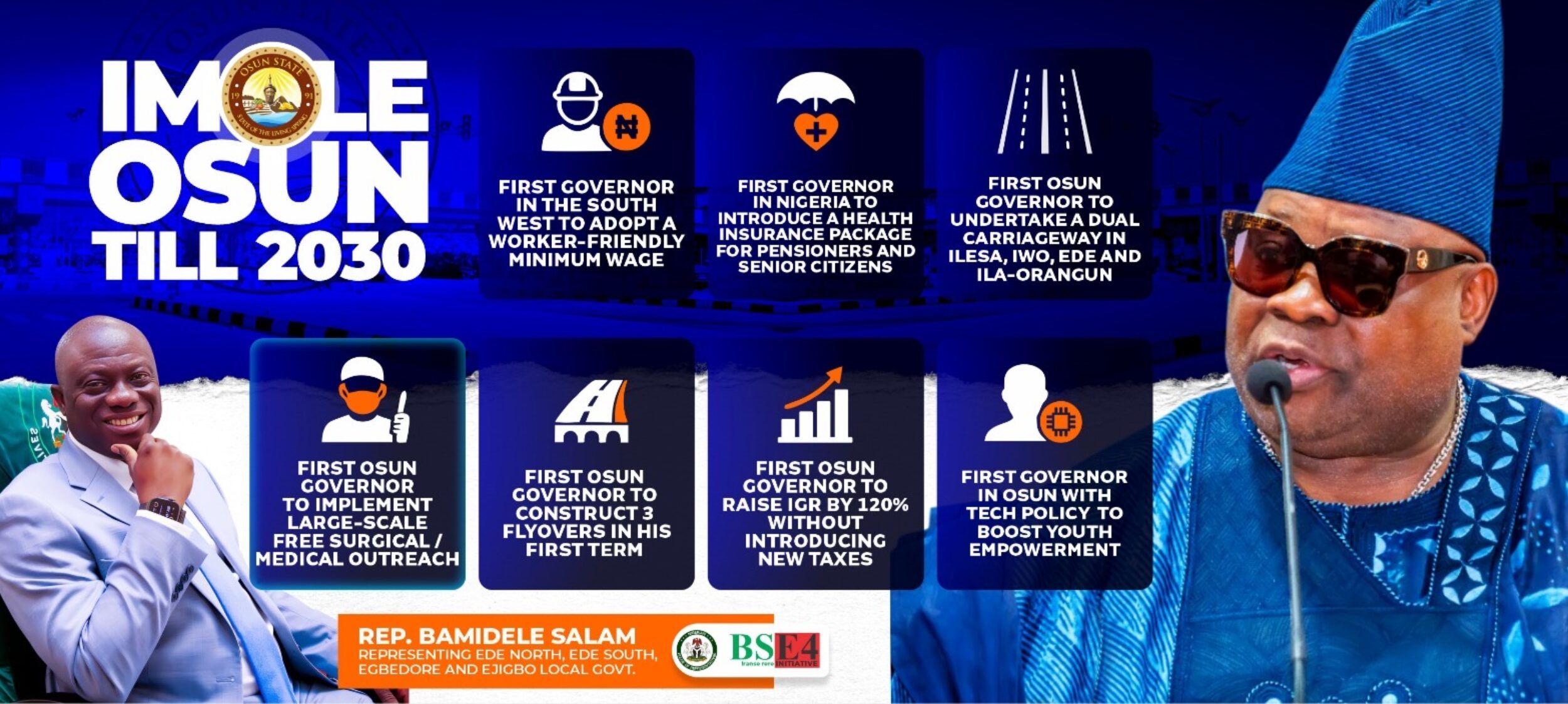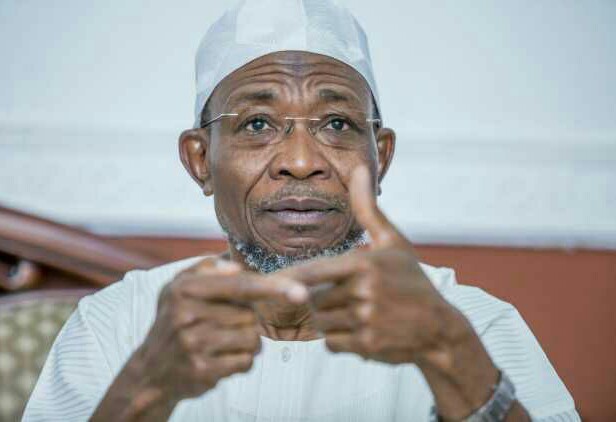Former Interior Minister and ex-Governor of Osun state, Rauf Aregbesola, has called for an overhaul of Nigeria’s Independent National Electoral Commission (INEC), warning that its current structure places excessive power in the hands of a single individual.
Speaking at a panel discussion on “Innovation in Electoral Technology 2015–2025” organised by the Electoral Institute for Sustainable Democracy in Africa, Aregbesola argued that genuine reform cannot occur unless the process of appointing INEC’s leadership is decentralised.
“The process by which those who manage the affairs of the electoral body are appointed must change. If control continues to rest with a single person, then nothing will improve,” he said, quoting Soviet leader Joseph Stalin’s remark that “the voters do not matter as much as the man who announces the results of the election.”
Aregbesola, who admitted being a past beneficiary of electoral irregularities, said the concentration of authority in the presidency particularly the power to nominate the INEC chairman creates room for manipulation by the ruling party.
He proposed that political parties holding at least five seats in the National Assembly should jointly nominate INEC’s leadership to ensure balance and accountability.
“If the principal beneficiary of manipulation nominates who chairs INEC, the outcome is already predetermined,” he said.
The former governor also urged INEC to strictly comply with the 2022 Electoral Act by conducting open demonstrations of its voting technologies, including the Bimodal Voter Accreditation System (BVAS) and the INEC Result Viewing Portal (IReV), ahead of elections.
“Don’t tell us you are using BVAS, only for us to wake up on election day to find that everything has changed,” he said, criticising last-minute technical changes that erode public trust.
Aregbesola further called for the real-time transmission and display of results, as done in countries like India, Brazil and Venezuela, to curb manipulation and enhance transparency.
He also advocated linking INEC’s voter register with the National Identity Management Commission (NIMC) database to prevent multiple registrations and inflated voter figures, pointing out the discrepancy between 93 million registered voters and about 30 million who participated in recent polls.
He emphasised that party agents and observers should be granted closer access to accreditation and collation processes to strengthen credibility.
Aregbesola concluded that credible democracy requires “trust and confidence in the process,” warning that without fundamental reforms, Nigeria risks perpetuating a cycle of flawed and disputed elections.
Guardian Newspapers
Follow the OSUNDOTLIFE channel on WhatsAppKindly share this story | All rights reserved. This material, and other digital content on this website, may not be reproduced, published, broadcast, rewritten or redistributed in whole or in part without prior express written permission from OSUNDOTLIFE.
Contact: editor@osun.life
WhatsApp: 📲 +2348092333666

